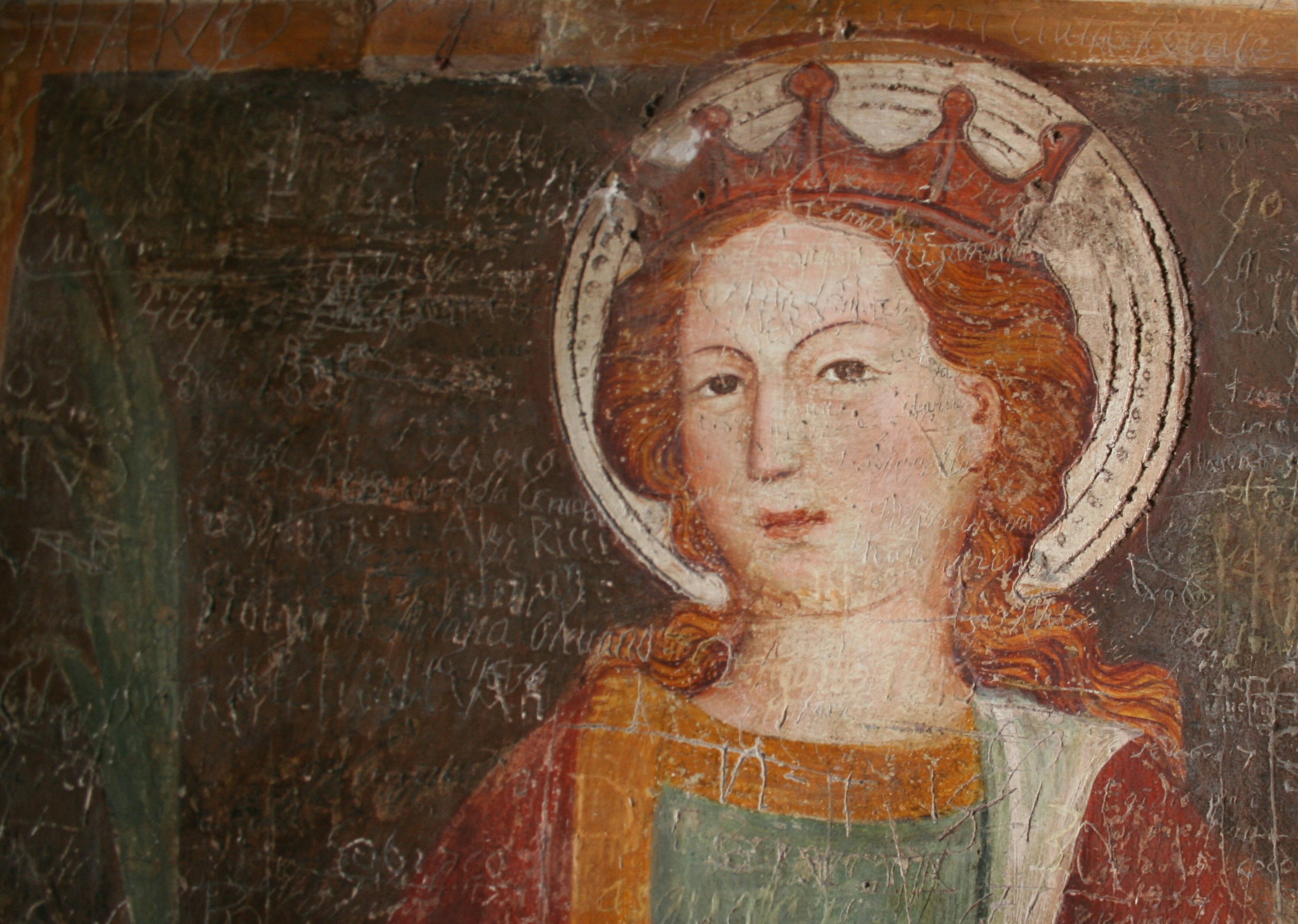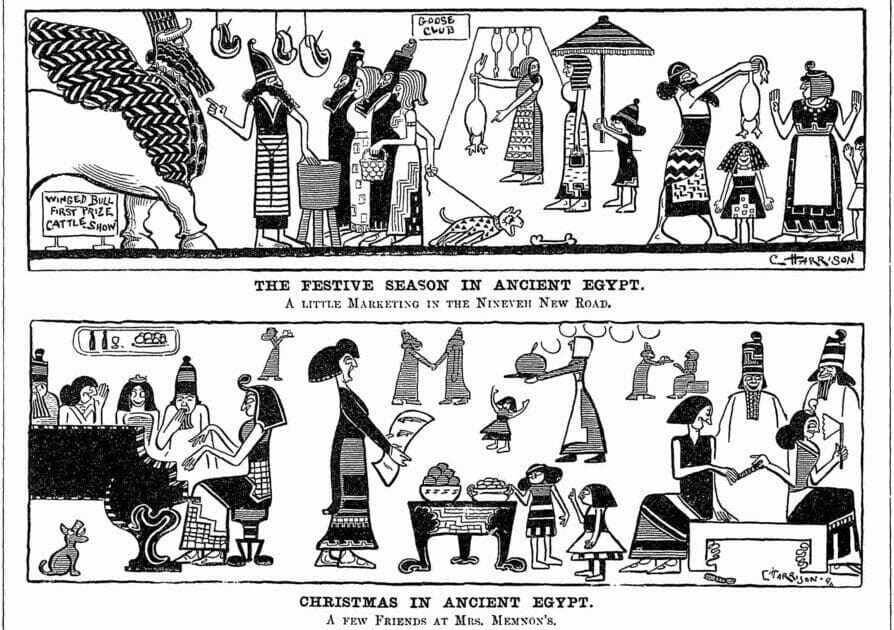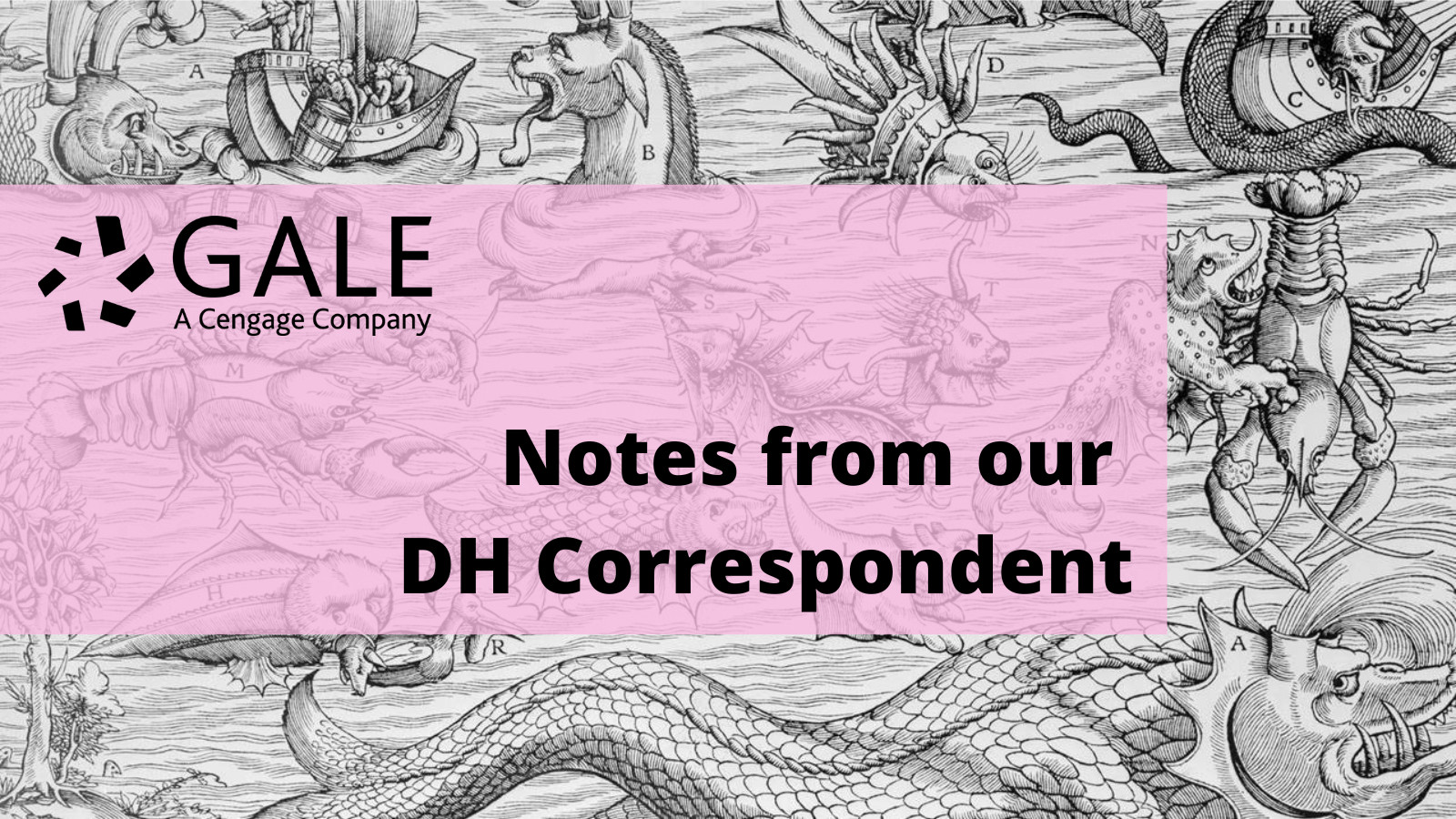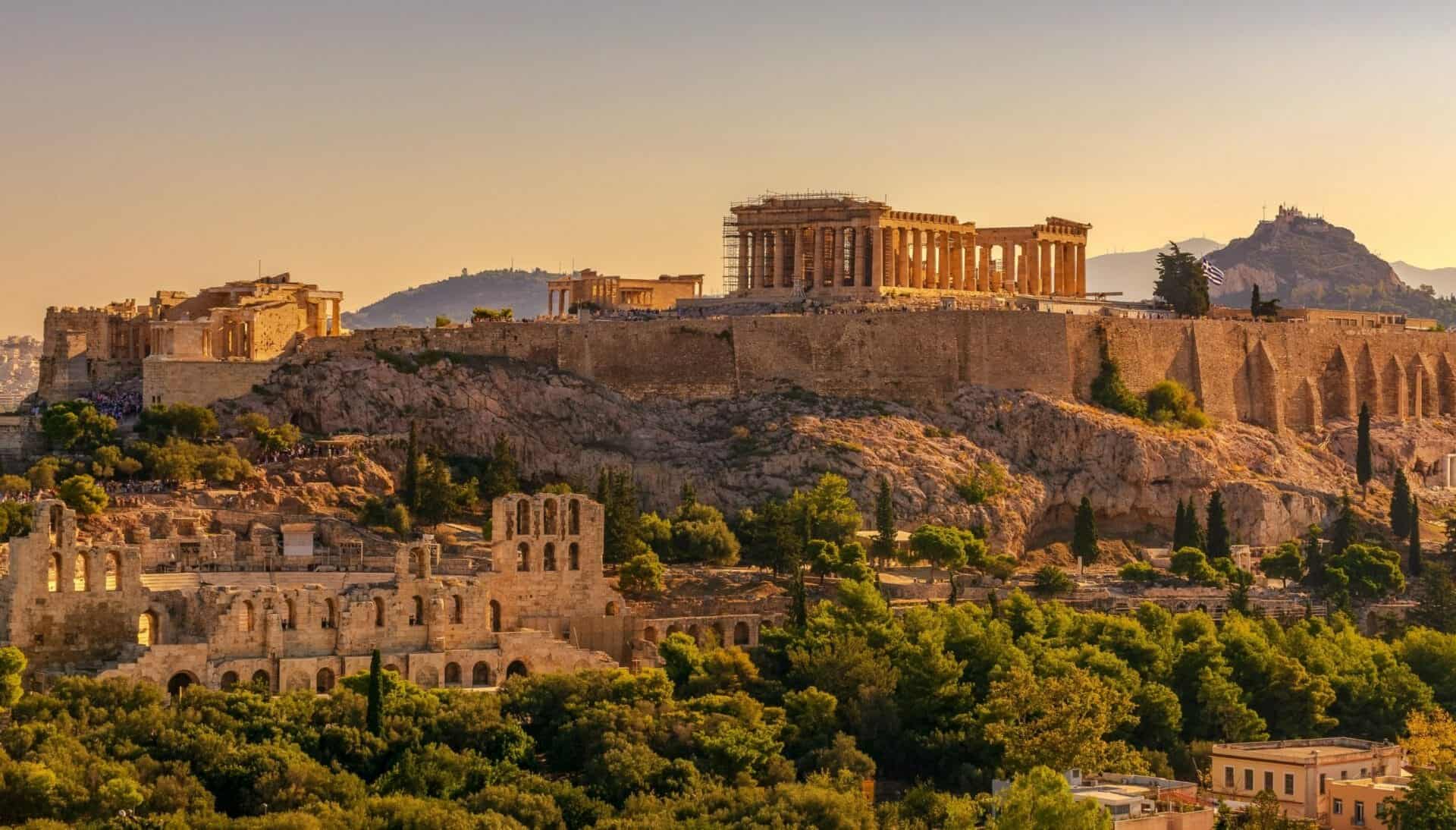│By Elizabeth Gaglio, Digital Product Trainer|
“What is it actually about?” the bookseller asks me as we scan the shelves in the British History section.
“Graffiti in the eighteenth century,” I say.
Admittedly, it’s a topic I may have thought was out of place not long ago. Graffiti, by nature, is often thought of as impulsive and temporary; an expression of a moment, publicly written somewhere it doesn’t belong. How much can we really know about writing, marks, and art that have long since been washed away or painted over?
In the book I’m looking for, Writing on the Wall: Graffiti, Rebellion, and the Making of Eighteenth-Century Britain, historian and author Madeline Pelling shares some specific examples of how “lost voices”, especially of those who were not otherwise published and preserved, can still be heard and seen today. The bookseller spots the book, aptly hidden in plain sight, and uses the ladder to bring it down to me.




